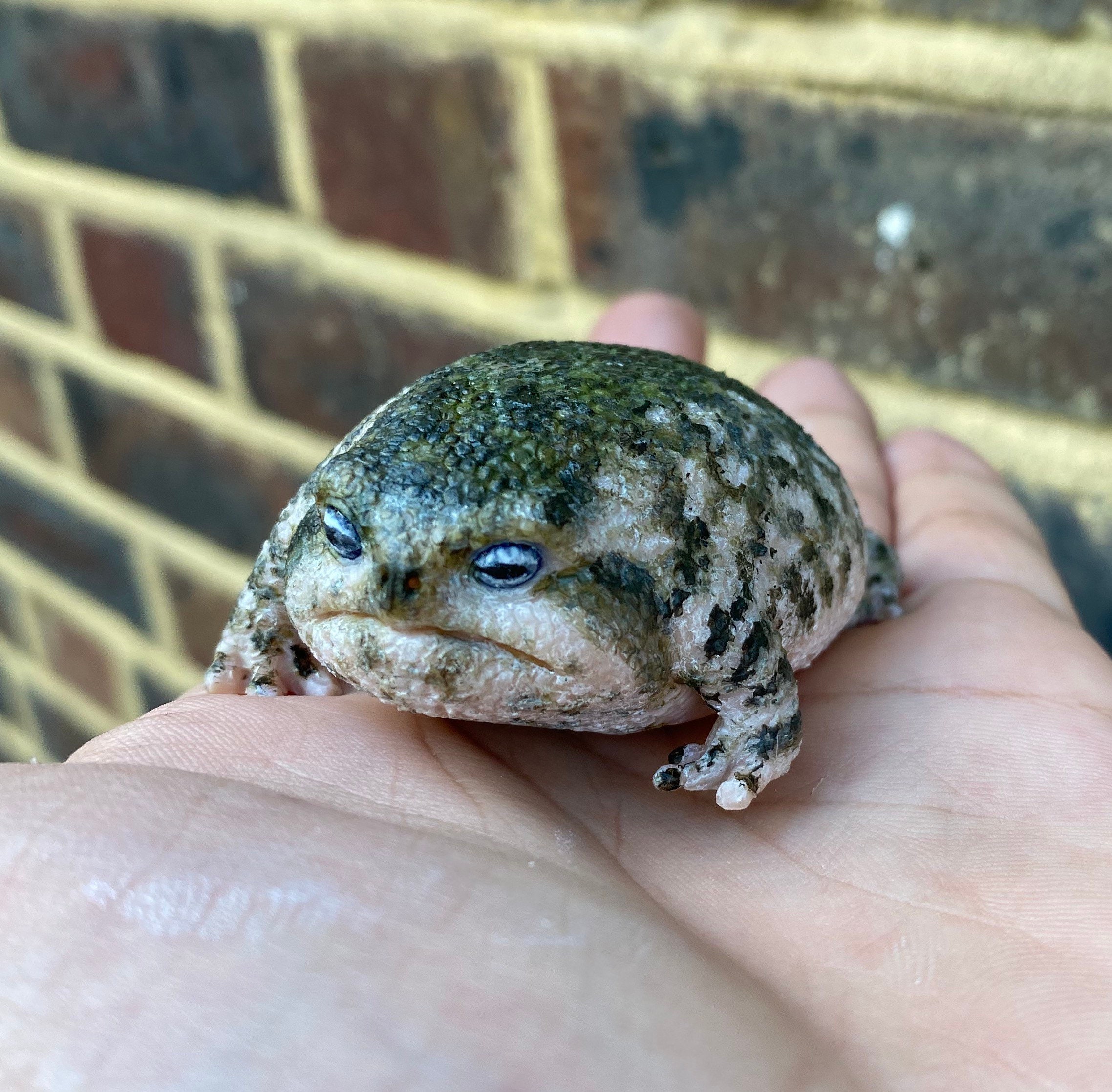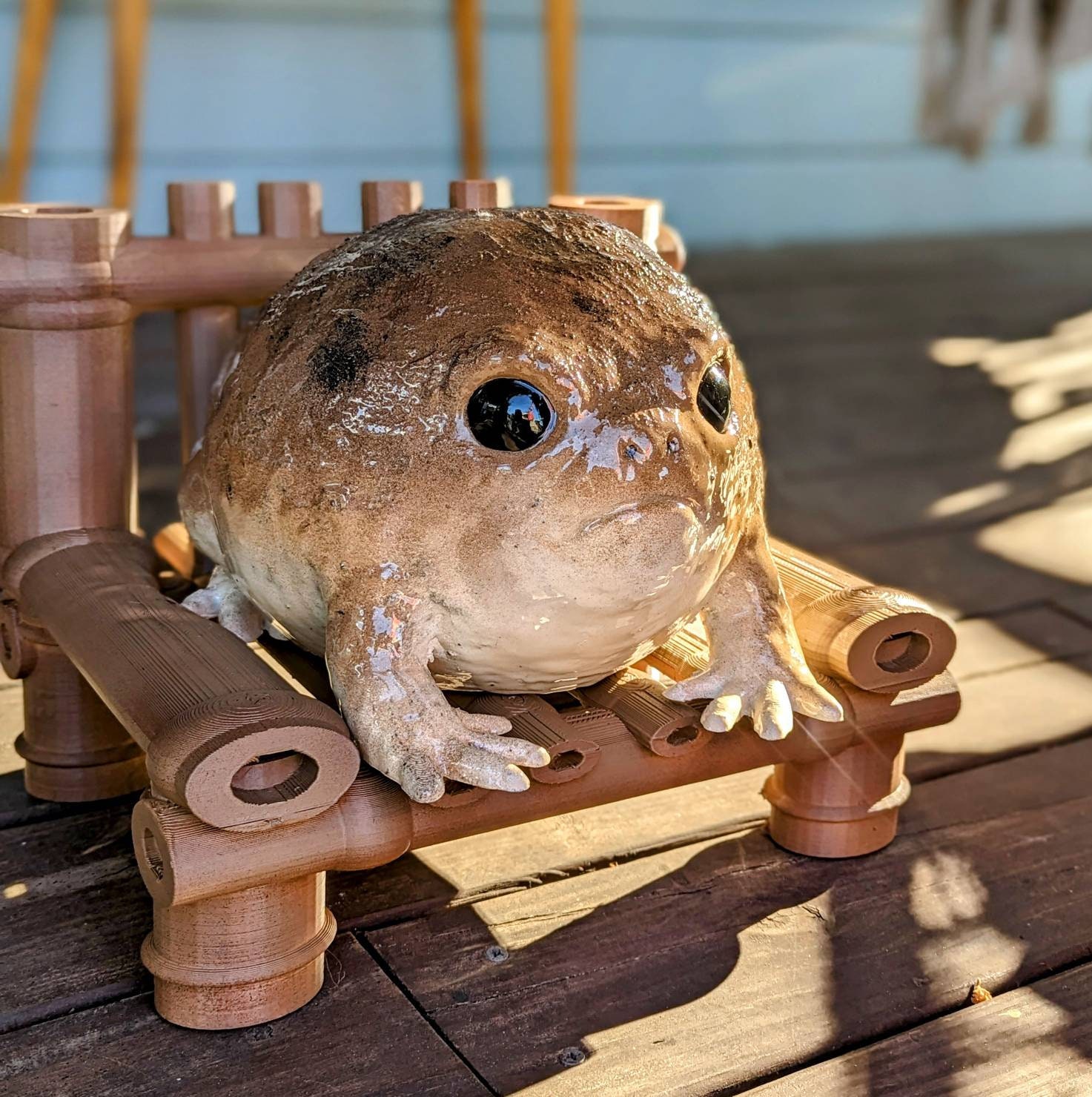Common Health Issues in Reptiles: Signs And Symptoms and Solutions
In the elaborate globe of reptile care, recognizing the usual wellness problems that may impact these distinct creatures is extremely important in ensuring their health. From respiratory system infections that can silently take hold to metabolic bone conditions that can cripple, reptiles are prone to a series of conditions that call for keen observation and timely treatment. Whether it's coming to grips with parasitic problems, navigating dehydration issues, or dealing with skin conditions that manifest in subtle means, being attuned to the signs and symptoms and outfitted with the understanding of effective solutions is crucial for any kind of reptile owner. By delving additionally right into the nuances of these health concerns and checking out the practical solutions offered, one can protect the wellness and vitality of these remarkable pets.
Respiratory Infections
Respiratory infections in reptiles can considerably impact their overall wellness and need punctual attention from experienced veterinarians. These infections are commonly triggered by bacteria, viruses, or fungis and can show up with signs and symptoms such as hissing, nasal discharge, open-mouth breathing, and lethargy. In reptiles, respiratory infections can be specifically testing to detect and deal with as a result of their special composition and physiology. Veterinarians usually rely upon a combination of checkups, diagnostic imaging, and research laboratory examinations to properly identify the underlying root cause of the infection.
Therapy for respiratory system infections in reptiles commonly involves a combination of helpful treatment, such as preserving proper moisture levels and temperature level slopes in the room, along with targeted drug to resolve the certain pathogen liable for the infection. It is essential for reptile owners to monitor their pets very closely for any indicators of breathing distress and look for vet care at the earliest indication of a concern. With timely treatment and ideal therapy, lots of reptiles can recover fully from respiratory system infections and return to regular tasks.

Metabolic Bone Disease
What factors add to the development of Metabolic Bone Condition in reptiles?
Metabolic Bone Condition (MBD) in reptiles is primarily triggered by an absence of proper calcium, phosphorus, and vitamin D3 levels in their diet. Additionally, poor exposure to UVB light prevents reptiles from manufacturing vitamin D3, which is crucial for calcium absorption and bone health and wellness.
Insufficient moisture levels can additionally affect a reptile's capacity to metabolize calcium properly. Routine veterinary examinations, appropriate husbandry techniques, and a balanced diet are crucial to prevent Metabolic Bone Disease in reptiles.
Parasitical Invasions
Parasitical problems present a considerable health risk to reptiles, impacting their general well-being and requiring punctual veterinary interest. Reptiles can be influenced by numerous parasites, consisting of mites, ticks, inner worms, and protozoa. These parasites can create a variety of signs and symptoms, such as weight management, sleepiness, skin irritation, looseness of the bowels, and even fatality if left unattended.
One typical parasite found in reptiles is the mite, which can cause skin anemia, irritability, and anxiety. Ticks are another external bloodsucker that can transmit diseases and cause discomfort to the reptile. Inner parasites like worms and protozoa can bring about digestive system concerns, malnutrition, and compromise the reptile's body immune system.
To diagnose a parasitic problem, a vet may execute fecal tests, skin scrapings, or blood tests. Treatment often entails deworming medicines, antiparasitic baths, or in extreme instances, hospitalization. Preventative steps such as regular veterinary exams, correct hygiene, and quarantine treatments for brand-new reptiles can help decrease the threat of parasitic infestations and guarantee the well-being of reptile family pets.
Dehydration and Hydration Issues
Dehydration in reptiles can considerably influence their wellness and wellness, demanding timely treatment and suitable hydration monitoring. If left unattended, dehydration can lead to major wellness issues and also be fatal to the reptile.
To avoid dehydration, reptile owners must make sure that their pets have accessibility to clean water in any way times. The water dish need to be large enough for the reptile to saturate in if needed, specifically for species that absorb water through their skin. In addition, keeping correct humidity degrees in the reptile's enclosure and offering normal bathrooms can help stop dehydration.
In cases of dehydration, it is crucial to seek vet treatment promptly. A vet may provide liquids either by mouth or via injections to rehydrate the reptile. It is important to link resolve the underlying root cause of dehydration to stop reoccurrence and guarantee the reptile's general wellness.
Skin Disorders

Conclusion

Respiratory infections visit this web-site in reptiles can substantially influence their general health and need punctual interest from knowledgeable veterinarians (rain frog for sale). Preventative steps such as regular vet check-ups, correct hygiene, and quarantine treatments for new reptiles can help minimize the danger of parasitic problems and guarantee the wellness of reptile animals
If left neglected, dehydration can lead to serious health and wellness concerns and also be deadly to the reptile.
Regularly examining your reptile for any changes in skin appearance, color, or appearance can aid in very early discovery and treatment of skin conditions, promoting the total health and visit wellness and wellness of your scaly companion. - rain frog for sale
In conclusion, reptiles are vulnerable to numerous wellness concerns such as respiratory infections, metabolic bone condition, parasitic infestations, dehydration, and skin disorders.
Comments on “Get Your Hands on a Rain Frog for Sale: Experience the Joy of One-of-a-kind Animal Ownership!”